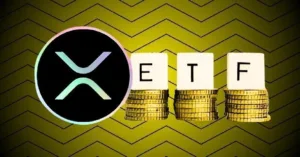Consensus is achieved when all participants of the network agree on the order and content of the blocks in the blockchain.
In centrally organized systems, all decisions are made by a single center of authority. For example, all companies use a centralized accounting ledger to record all economic transactions that the business engages in. This ledger is traditionally managed by the accounting department, which is the sole entity in charge of maintaining and updating the entries.
On the other hand, in decentralized systems, which are composed of a multitude of distributed, independent actors with the same or similar levels of authority over the rest of the network, decisions are made collectively.
Blockchain, which in essence is a distributed ledger of transactions, is updated by individual miners with no central authority to provide oversight and ensure the correctness of entries.
Thus, a need arises for consensus over the precise state of the network at any given time. Achieving this consensus among numerous nodes trying to cooperate remotely is a non-trivial task, especially when it is exacerbated by the likely scenario of an unknown number of nodes malfunctioning or deliberately acting against the network’s interests, as demonstrated by the Byzantine Generals’ Problem.
Bitcoin (BTC), Ethereum (ETH) and other cryptocurrencies employ technical solutions such as the proof-of-work and proof-of-stake algorithms to ensure that network consensus over which exact transactions took place and when can be maintained without relying on central enforcement of the rules.




